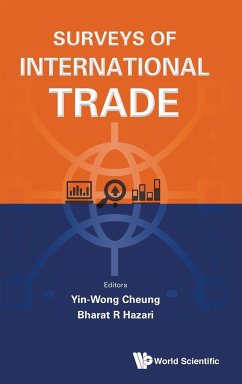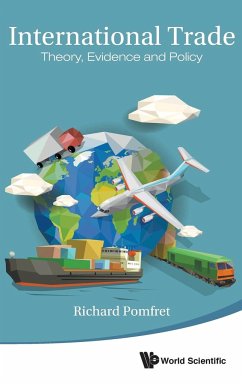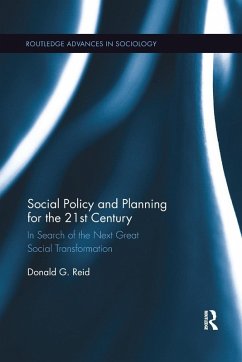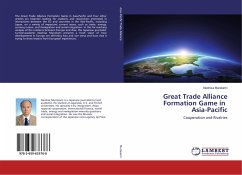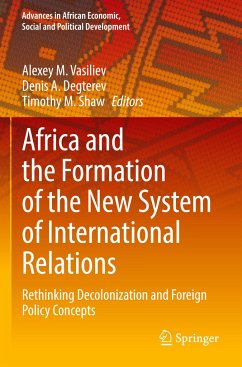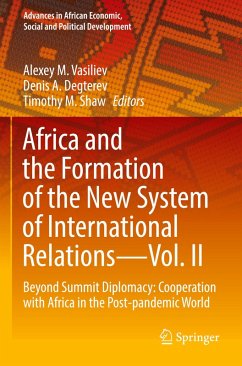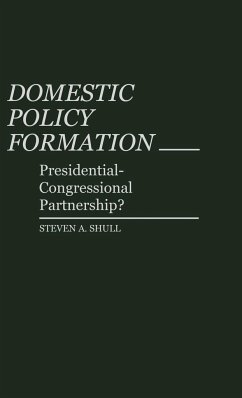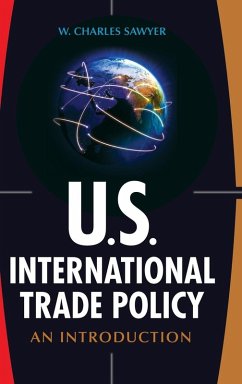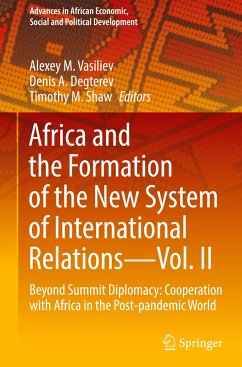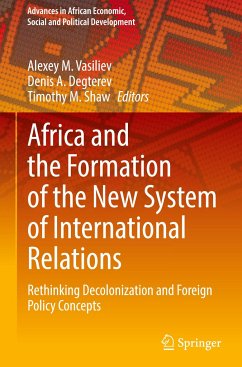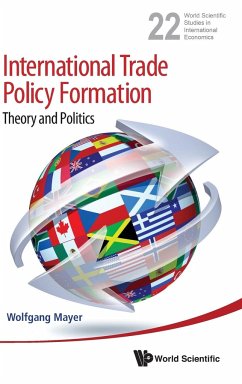
INTERNATIONAL TRADE POLICY FORMATION
Versandkostenfrei!
Versandfertig in 1-2 Wochen
98,99 €
inkl. MwSt.

PAYBACK Punkte
49 °P sammeln!
Over the last four decades, the direction of research on international trade policy formation has been significantly influenced by Wolfgang Mayer's contributions to both the positive and normative theory of international trade and, in particular, to the political economy of actual policy formation. This volume consists of a collection of Mayer's original articles, selected with the objective to further facilitate the study and advancement of the theory of trade policy formation. Part I of this book deals with the pure theory of international trade, as the theoretical underpinning for the forma...
Over the last four decades, the direction of research on international trade policy formation has been significantly influenced by Wolfgang Mayer's contributions to both the positive and normative theory of international trade and, in particular, to the political economy of actual policy formation. This volume consists of a collection of Mayer's original articles, selected with the objective to further facilitate the study and advancement of the theory of trade policy formation. Part I of this book deals with the pure theory of international trade, as the theoretical underpinning for the formation of trade policies. Specifically, it explores the robustness of the Heckscher Ohlin framework and its two core propositions the Stolper Samuelson and Rybczynski theorems by relaxing its underlying assumptions in four ways: limiting the inter-industry mobility of factors of production in the short run; allowing for industry economies of scale; introducing uncertainty of commodity prices; and endogenizing a country's supply of labor. Part II addresses issues related to first-best trade policies which had gained prominence during the period of multilateral trade liberalization under the auspices of the GATT, such as: the scope and limits of negotiated tariff agreements; first-best policy justifications for import restrictions and export promotions; and the use of import-quality standards as a substitute for tariffs. Part III explores the political economy of trade policy formation. It is a response to the observation that, in spite of wide agreement on a country's welfare-maximizing policies, they continue to deviate quite markedly from actually adopted policies. The models of Part III account for the political environment in which governments operate, with particular emphasis on majority voting by individuals with heterogeneous policy preferences. Part IV introduces a political-economy approach to explain the mixed success of conditional assistance programs, as designed by International Financial Institutions (IFIs). It calls for explicit incentives to motivate assistance-receiving governments to reform their economies when interest groups are powerful and IFIs have limited information on the competence and willingness of governments to implement reforms.





